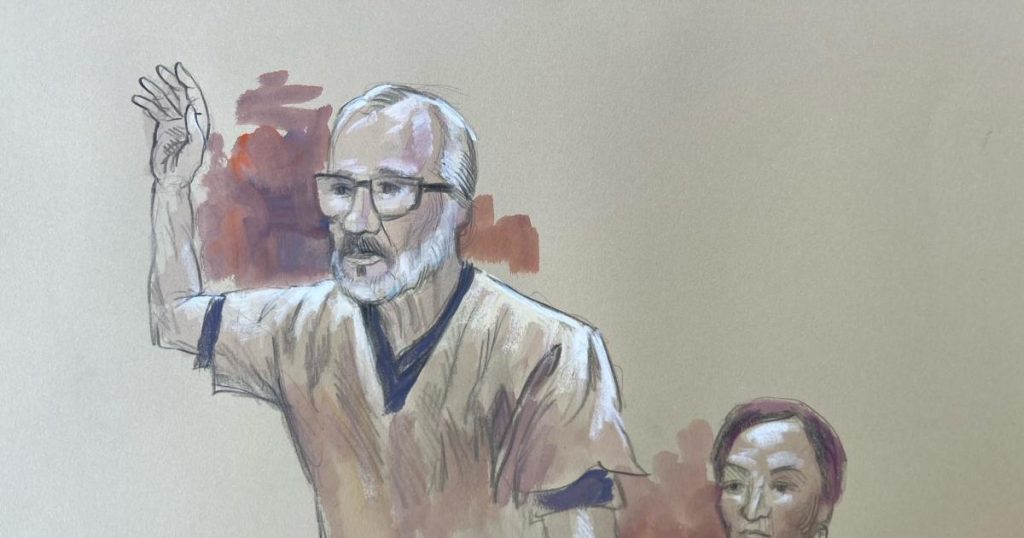Former U.S. ambassador Victor Manuel Rocha pleaded guilty to working for Cuba’s spy service for decades and was sentenced to 15 years in prison. The case prosecutors described as one of the longest-running betrayals of the U.S. government in history quickly came to an end with Rocha’s guilt. The plea deal was initially in question, but was later amended to include restitution for potential victims and the possibility of denaturalization as a civil action. Rocha’s work for Cuba remains largely unknown, but he was not charged with espionage, instead being accused of acting as a foreign agent. Born in Colombia, Rocha moved to the U.S. at a young age and had a successful career within the State Department.
Rocha’s career spanned several decades and included high-level positions and an ambassadorship in Bolivia. He warned against electing leftist coca farmer, Evo Morales, as president of Bolivia, and later worked with the U.S. Southern Command advising on Cuba-related matters. His access to top secret information and compartmentalized government communications could have made him a valuable asset to Cuba, according to former colleagues. The State Department and intelligence community are assessing the possible damage to national security as a result of Rocha’s activities. Rocha’s attorney did not respond to requests for comment.
The undercover investigation into Rocha’s activities began after a tip was received by the FBI in 2022. Rocha met with an undercover agent whom he believed to be a representative of Cuba’s spy agency, and discussions revealed his allegiance to Cuba and disdain for the U.S. Rocha even met with his Cuban handlers in recent years, attempting to lead a normal life in order to conceal his double identity. Feeley, a former colleague of Rocha, described his surprise at Rocha’s loyalty to Cuba, especially given Rocha’s shift towards supporting Donald Trump in his later years. Rocha’s resignation in 2018 and eventual interaction with the FBI may have been driven by a sense of irrelevance or lack of purpose after a long career.
Rocha’s last meeting with the undercover agent in Miami revealed his anger and commitment to his Cuban connections. Feeley noted that Rocha’s long-term involvement in espionage may have given him a sense of purpose throughout his career, and reaching out to the FBI may have been a way to regain a sense of significance. The shock of Rocha’s betrayal was evident among his former colleagues, who never suspected his double life. Rocha’s guilty plea and sentencing bring an end to a complex case that has raised questions about national security and the extent of foreign infiltration within the U.S. government.


